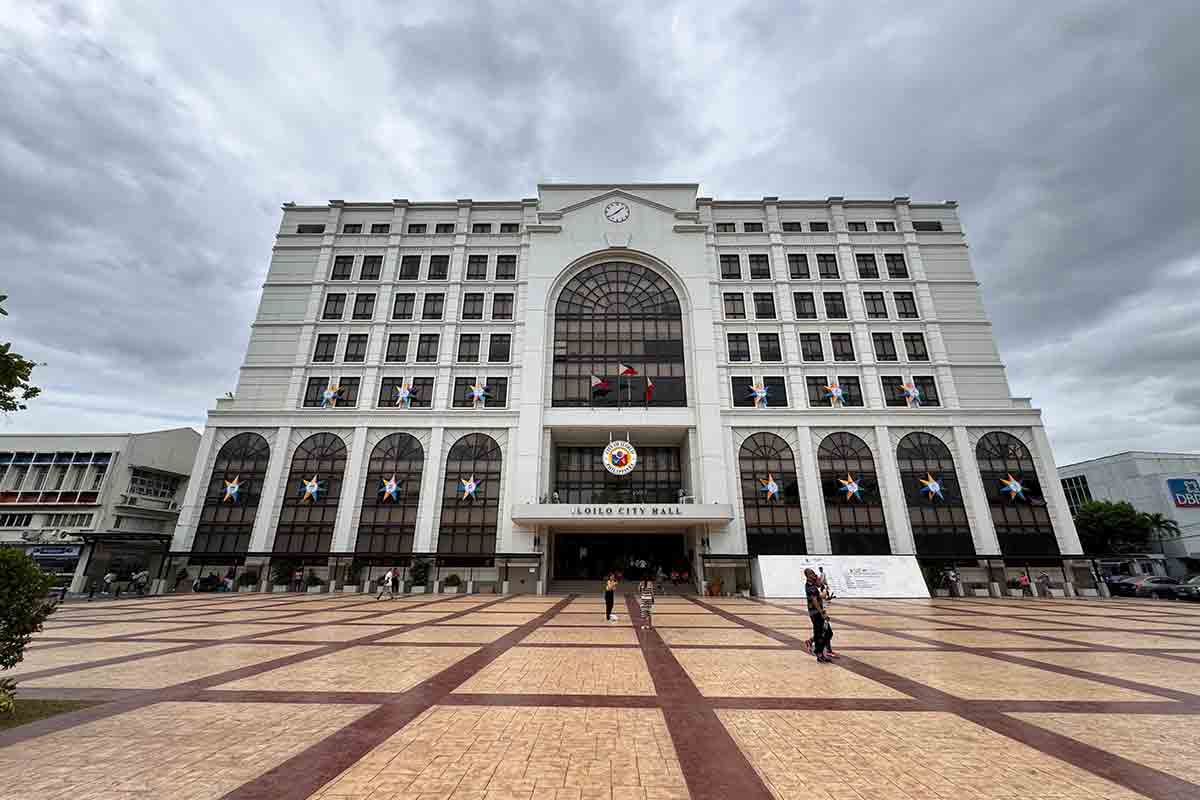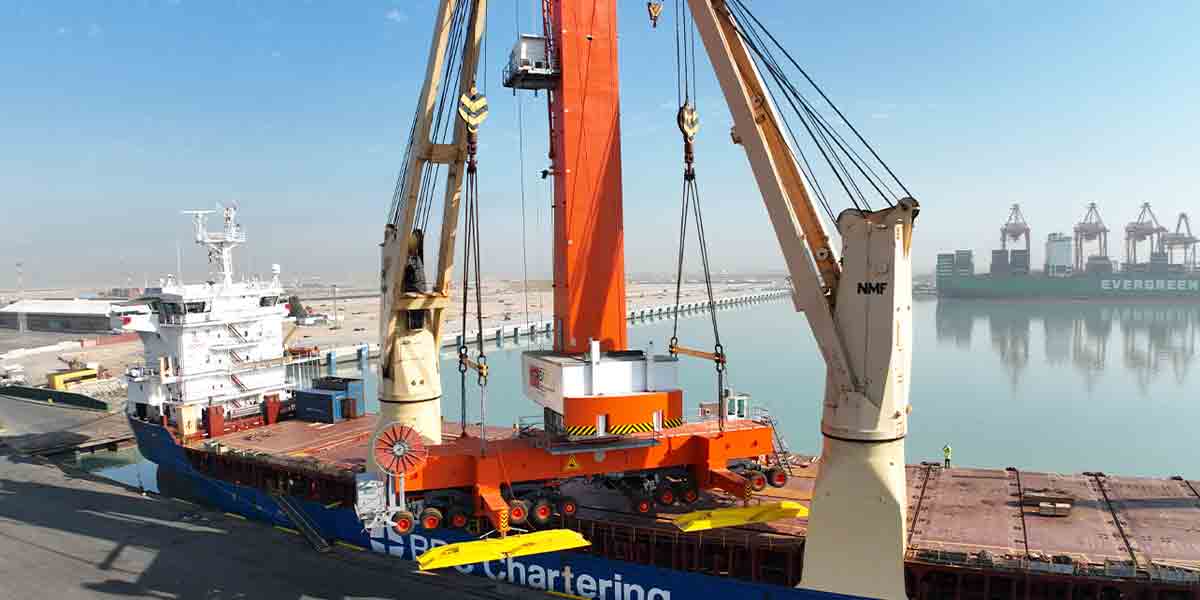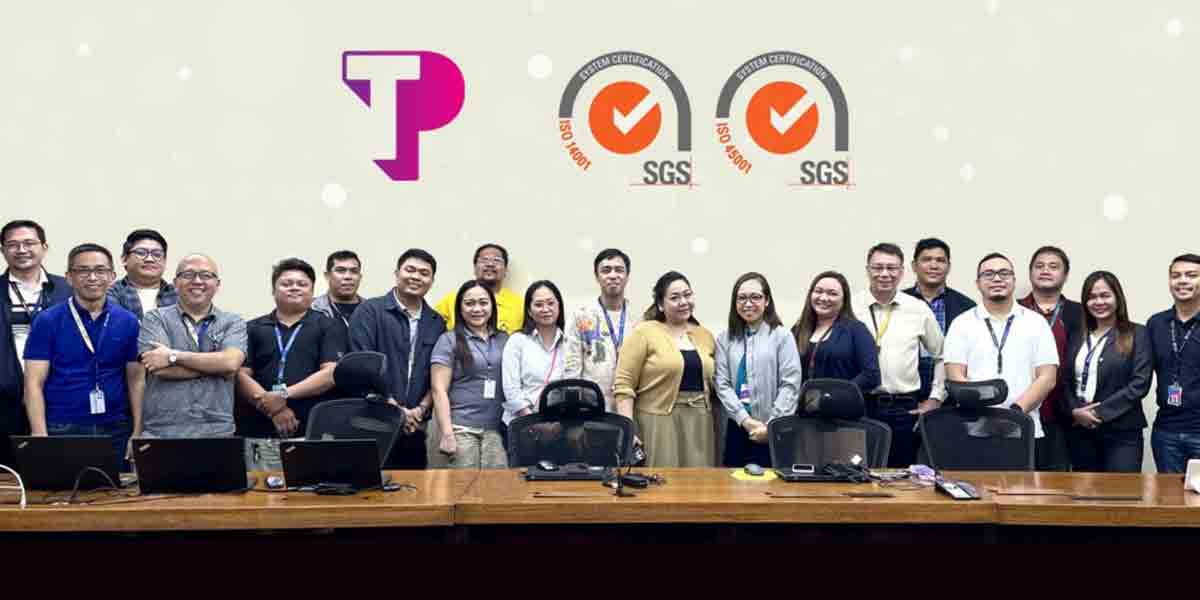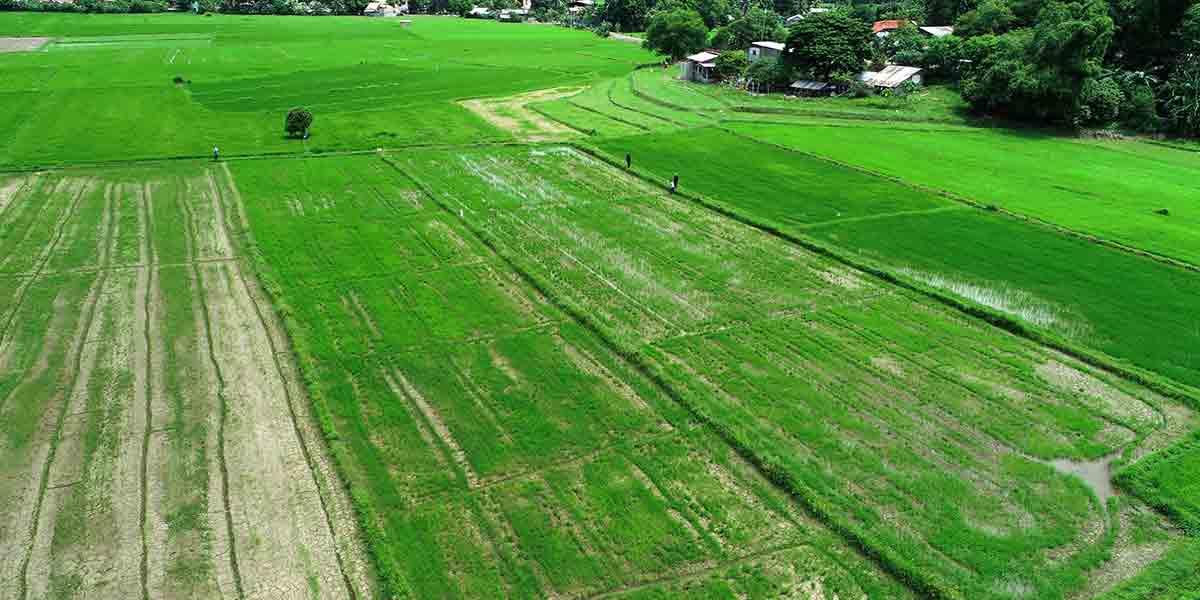Free and fair competition in the agriculture sector is essential for food security and inclusive economic growth, according to National Economic and Development Authority (NEDA) Secretary Arsenio M. Balisacan.
Speaking at the 2025 Manila Forum on Competition in Developing Countries on Feb. 5, Balisacan emphasized the sector’s critical role in the nation’s food system.
“The agriculture sector within the overall food system is essential for ensuring food security, which means guaranteeing the availability, accessibility, and affordability of nutritious food for all citizens,” Balisacan said.
“A vibrant and productive agricultural sector not only provides freedom from hunger but also contributes to economic transformation by shifting output and labor from agriculture to industry and services,” he added.
The 2025 Manila Forum, themed “From Farm to Table: The Role of Competition in Agricultural Development,” explored how competition policy can:
- Address supply chain inefficiencies
- Prevent market distortions
- Ensure fair pricing for producers and consumers
Key discussions included globalization’s impact on agriculture, competition enforcement, merger control, non-tariff measures, and market access for the fisheries sector.
Balisacan noted that while competition policy is not a universal solution, it plays a vital role in enhancing efficiency and resilience in agriculture.
“Competition enforcement, along with policy tools that promote market efficiency, can drive agricultural development, especially in developing economies facing disruptive forces,” he said.
Balisacan underscored the importance of free and fair market competition in agricultural inputs, storage, logistics, and distribution. He said fostering competition can:
- Improve efficiency
- Spur innovation
- Benefit consumers through lower prices and higher-quality goods
He also stressed the need to complement antitrust tools with policies addressing structural issues in agriculture.
“Pro-competitive legislation, regulations, and programs can safeguard consumers and producers from unfair market practices,” he said.
Balisacan cited the government’s recent measures to control food inflation, such as:
- Lowering rice tariffs
- Removing non-tariff barriers to encourage market players to boost local food supplies
“Competition policy holds great potential in fostering agricultural development and improving overall welfare. Together, let us work toward fairer markets and greater food security, ensuring shared prosperity for all,” he concluded.
The 2025 Manila Forum is the flagship advocacy initiative of the Philippine Competition Commission (PCC). It convened policymakers and experts to discuss best practices for implementing competition policies in developing economies.
The event aims to shape policies that promote agricultural sustainability and economic resilience through continued dialogue and collaboration.
Balisacan, who helped establish the PCC in 2016 as its founding chairperson, expressed appreciation for the forum’s focus on both agriculture and competition policy—areas that have defined his career.
The PCC is a quasi-judicial agency tasked with enforcing the Philippine Competition Act to ensure a level playing field in various industries.



















